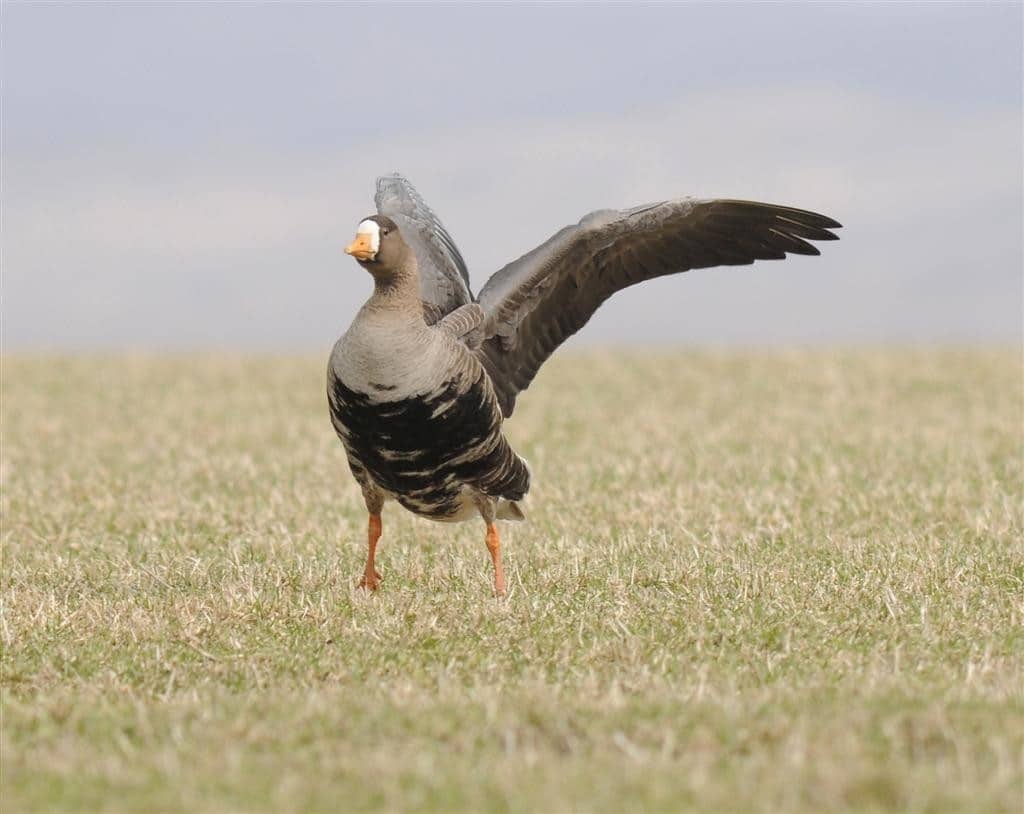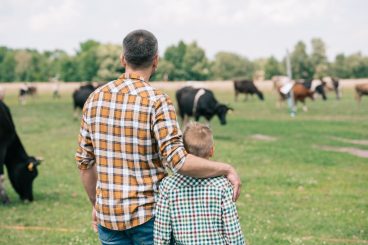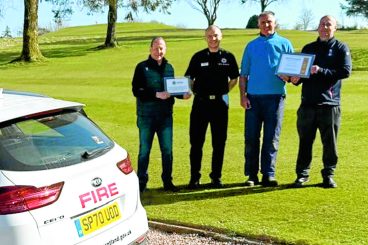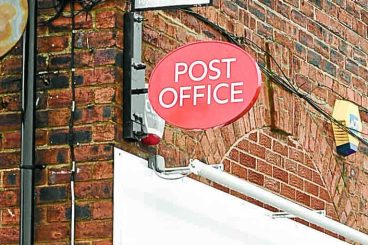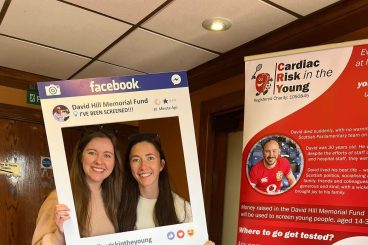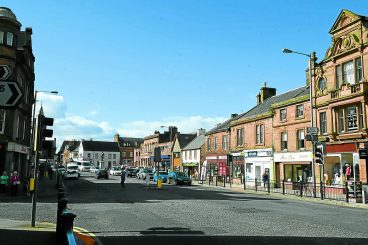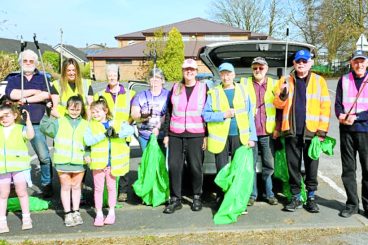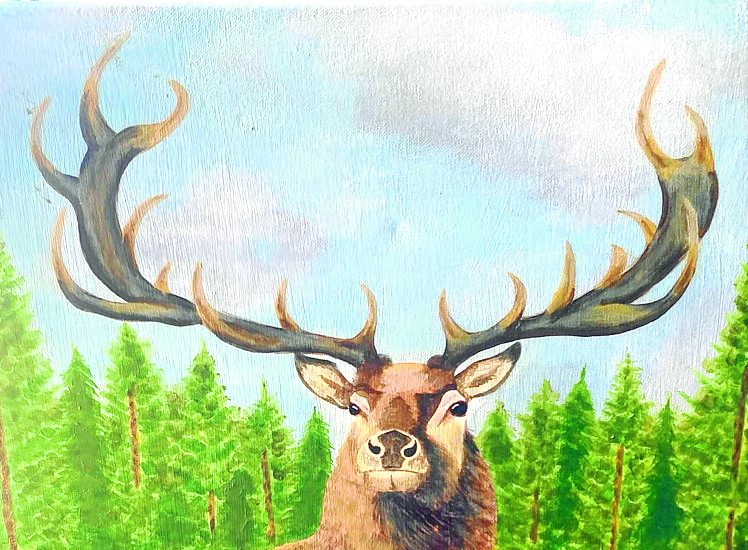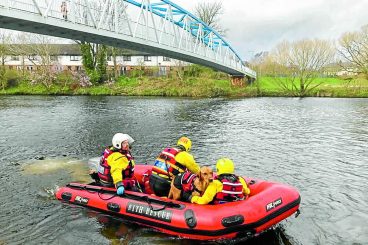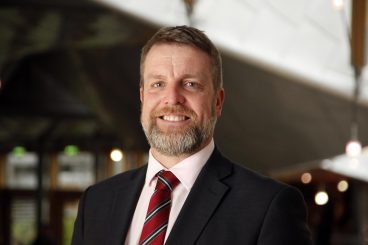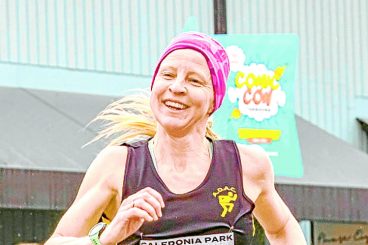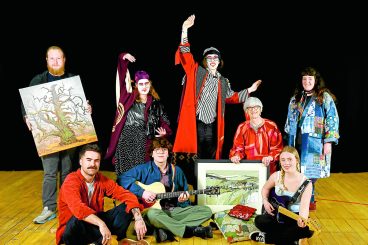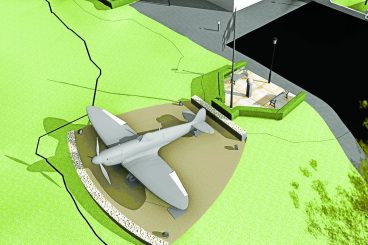A NEW series of online events are exploring Galloway’s natural environment, the species and inhabitants which occupy the area – and how it can be conserved as the region confronts the climate crisis.
The free talks, organised by the Galloway Glens Landscape Partnership, are running fortnightly on Wednesdays until mid-April and kicked off last week, when attendees learned of the white-fronted geese that migrate from Greenland to Galloway in the wintertime.
The next installation, taking place on Wednesday, February 3 at 7.30 pm, focuses on “Cows and Conservation”. Speakers Huw Connick, Synne Fos Budal and Emma Wright, a trio of agricultural and environmental specialists, will look at how past pastoral policies have impacted on local landscapes, whilst discussing new farming techniques which could increase biodiversity.
The group’s succeeding event at 7.30 pm on Wednesday, 17 February will examine the threats posed to native red squirrels by predatory pine martens, grey squirrels and other endangering factors.
On Wednesday, March 3, they will investigate the lives of Scottish salmon and trout – and ask why only some choose to spend their adult lives in the sea.
Other digital talks taking place will delve into woodland, insects and birds, with all upcoming events listed at www.gallowayglens.org alongside information on how to attend on Zoom.
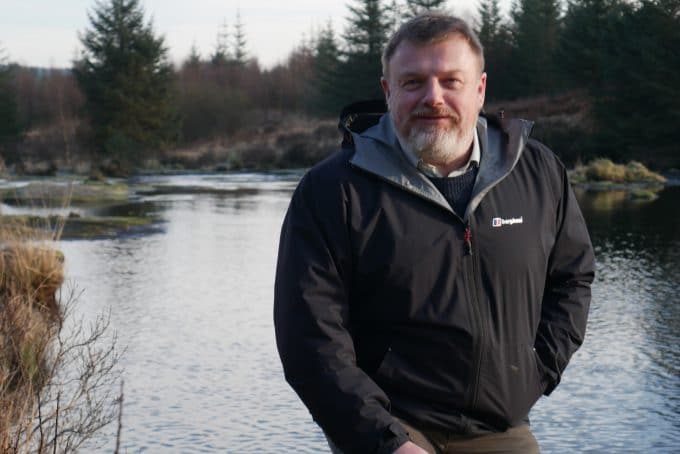
Nick Chisholm, pictured above, project officer for Galloway Glens, highlighted that the area’s species and their natural habitats are in danger.
“We are blessed to live in this part of the world,” he said. “However, many of our special local species and habitats are under threat. These online events will explore challenges being faced by our biodiversity and the work being done by our partners to improve the situation. We are really lucky to have a host of well-known local, national and international experts who will present insights into their specialist areas and answer questions about these fascinating subjects.”
McNabb Laurie, the partnership’s team leader, recognised the success of online talks held by the group throughout the coronavirus crisis.
“Only a year ago, online events were very rare,” said Mr Laurie. “And I am so grateful for the efforts of the Galloway Glens team and partners for the enthusiasm on this front.
“In 2020, more than 4000 people attended a Galloway Glens online event – with topics varying from the study of rock art to the importance of peatlands for biodiversity.
“The topics being addressed in the spring programme of events are not simply an appreciation of the natural world, but a challenge to consider how our actions contribute to the survival of species and habitats right here on our doorstep.”





